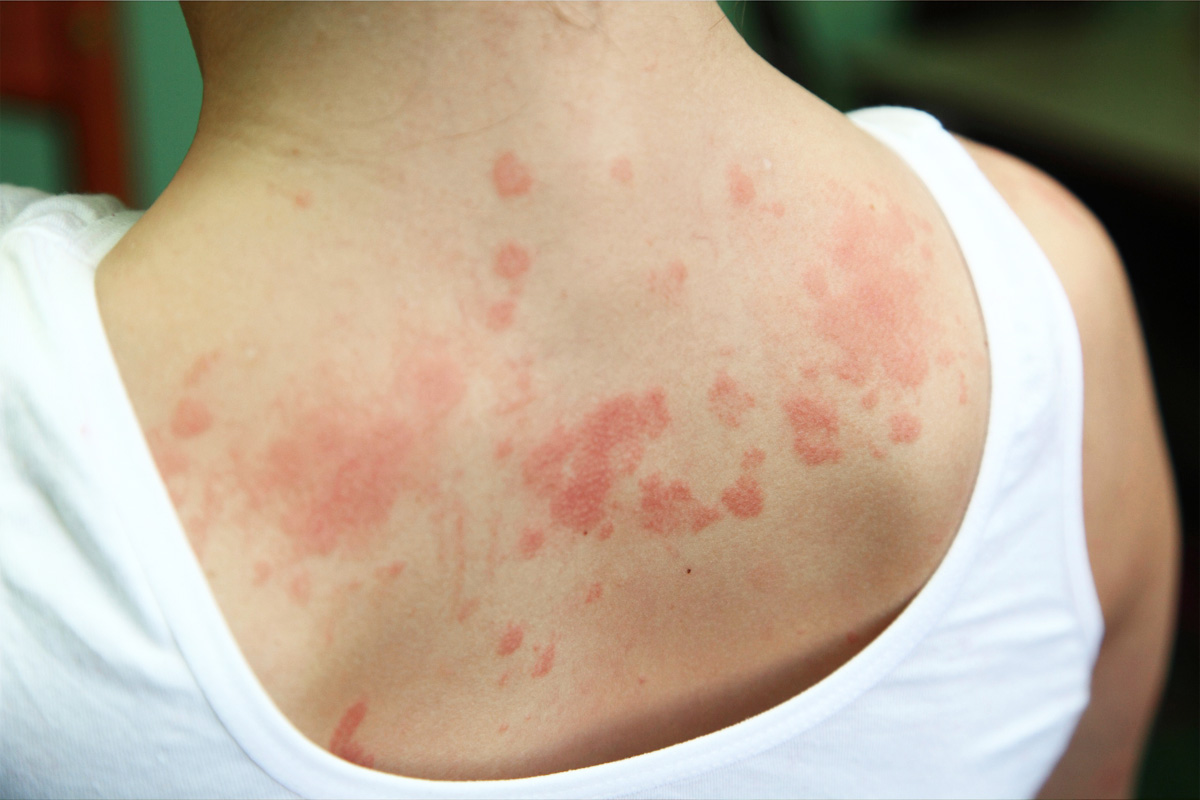An Even Deadlier Virus? Understanding The Flu And Coronavirus
As the global coronavirus concerns grow, we can’t forget the other illness that kills an estimated 290,000 to 650,000 people per year globally (According to the World Health Organization). This is the influenza virus, or more simply called, the flu.
The 2019-nCoV is a newly discovered strain from the large family of coronaviruses. It is believed to have come from different species of animals, and it targets a human’s upper respiratory system. A person who is infected will exhibit flu-like symptoms such as fever, cough, and shortness of breath.
Because of the disease outbreak, it's understandable to feel paranoid whenever you feel under the weather. However, you’re more likely to get the flu or the common cold than get infected by the 2019-nCoV.
So, what does this mean for you? Regardless of the type of virus, it is a good idea to take extra caution and use good health habits to minimize your chance of contracting and spreading an infection. Particularly, to prevent the flu, it is important to get your flu shot, and stay protected by boosting your immune system and avoiding person to person contact with someone who might be infected. Below is a list of tips that you should make into common practice to protect yourself from the virus during flu season:
Tips for Preventing the Common Cold and Flu
Your best defense against any kind of virus is prevention and a strong immune system. To achieve that, try to practice the following:
Make a Habit of Washing Your Hands
Disease-carrying organisms, or pathogens, can be spread through direct or indirect contact and aerosol droplets that are expelled by an infected person. These can enter your eyes, nose, and mouth when you touch your face with unwashed hands.
It's important to wash with soap and water for 10-15 seconds after you sneeze or cough into your hands, as well as before eating. You can also use alcohol-based disinfectants and sanitizers if you don’t have access to soap and water. Developing and maintaining good hygiene will minimize the chances of spreading viruses.
Keep Your Distance From Sick People
If you have any colleagues who are exhibiting signs of the common cold or similar illnesses, it’s best to avoid them for now. Also keep a safe distance from your infected family or friends to prevent contracting the virus. If interaction is necessary, don’t touch your face until you’ve washed your hands.
Avoid Crowded Places
It can be challenging to identify sick individuals especially when they’re not yet showing symptoms. As a preventive measure, stay away from congested areas during flu season. This will reduce the probability of you coming in contact with anyone who is ill.
Boost Your Immune System
Your body needs all the help it can get to fight infection. Eat foods that are rich in healthy oils, Vitamin C, Vitamin E, and Selenium because they contain micronutrients that are great for boosting the immune system. Aside from a balanced diet, getting enough sleep will heighten your body’s ability to ward off diseases.
Being under stress also weakens your immunity, making you more prone to getting sick. Try to find ways to relax if you’re feeling run-down. When you’re at ease, your body will produce the chemicals needed to fight infection.
Taking care of your well-being and minimizing your exposure to illness-inducing pathogens are some of the most important steps in preventing sickness. To avoid contracting or spreading viruses like the flu or the common cold, you need to commit to maintaining good hygiene and practicing healthy habits.




